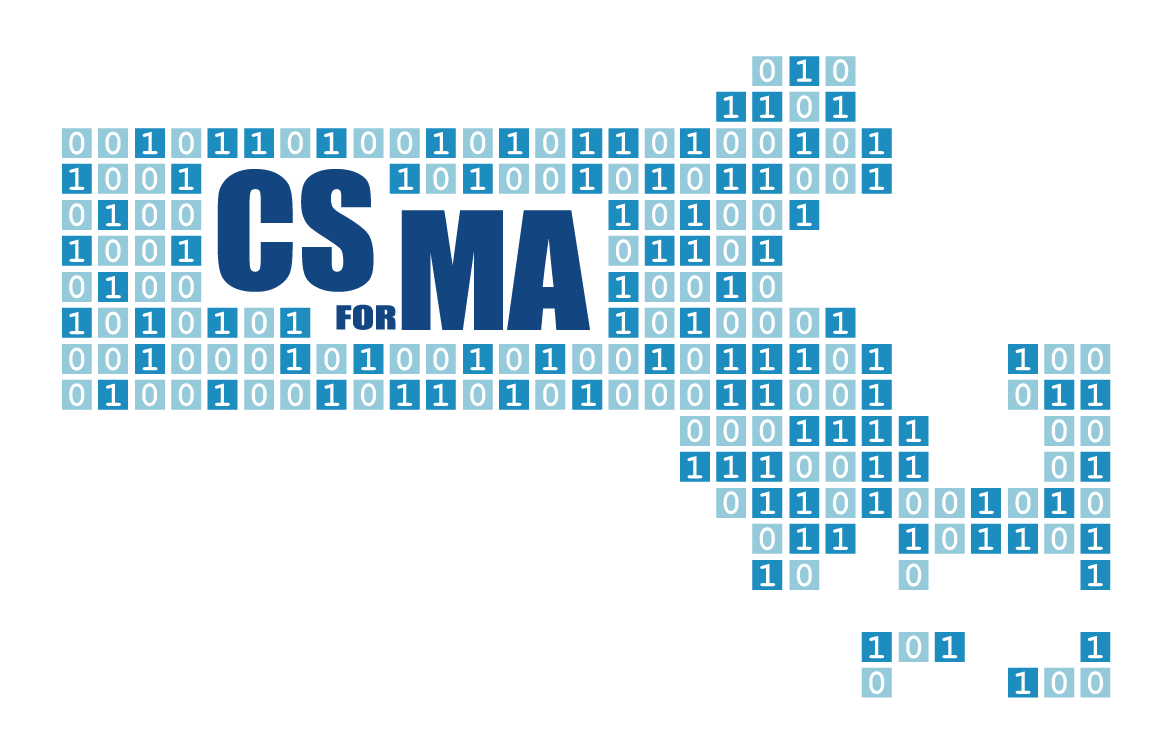
Middle Skill Employment quantifies the regional market needs and educational prerequisites for entry level employment in the fields of Computing and Information Technology.
Computing and Information Technology are fast changing fields, inherently difficult to keep up with. Employment gaps exist because industry and academia, unless they are working in close collaboration, tend to drift apart in their understanding of the requirements for proficiency with advanced tools, new programming languages, and emerging skill standards. High growth economic cycles followed by deep corrections have only served to accentuate the tendency to drift apart.
The prevalence and importance of information technology jobs has grown substantially in the new millennium, even during times of economic recession. IT job growth is expected to outpace average job growth, for all jobs, through 2020. This report investigates the legitimacy of the common assumption that job seekers need to possess a 4-year degree in order to satisfy the skill requirements of jobs in the IT profession. It investigates and reports on the opportunities and requirements for four specific occupations (a) Computer Systems Analysts, (b) Medical Records and Health Information Technicians, (c) Web Developers and (d) Employees in the Big Data Cluster.
We recommend using this report to convene key employers and regional educators to discuss entry level hiring needs and building the case for community colleges as a viable and ongoing talent pipeline for middle skill talent.
